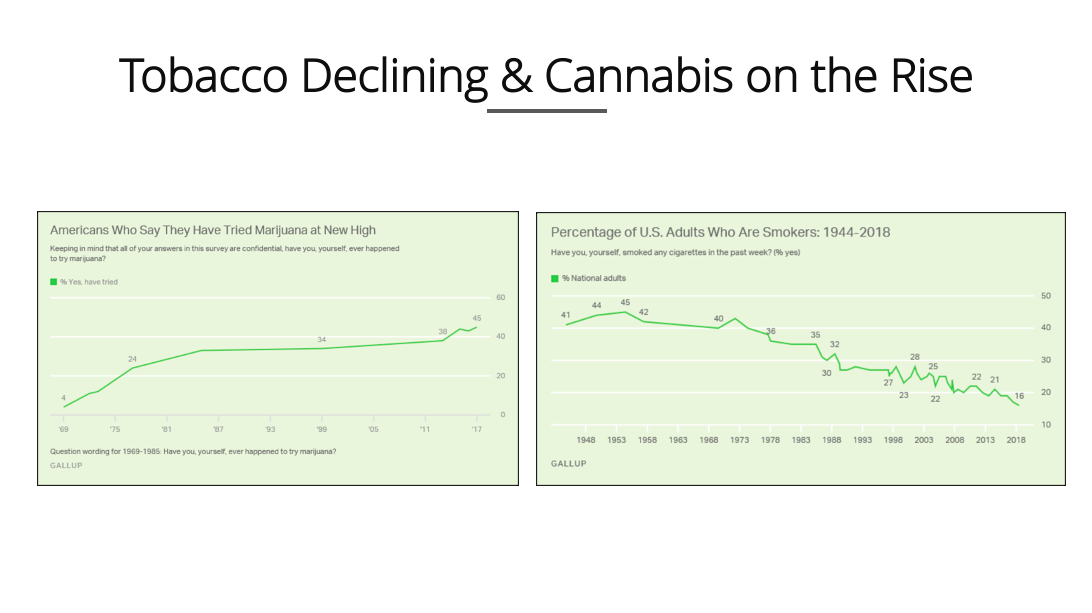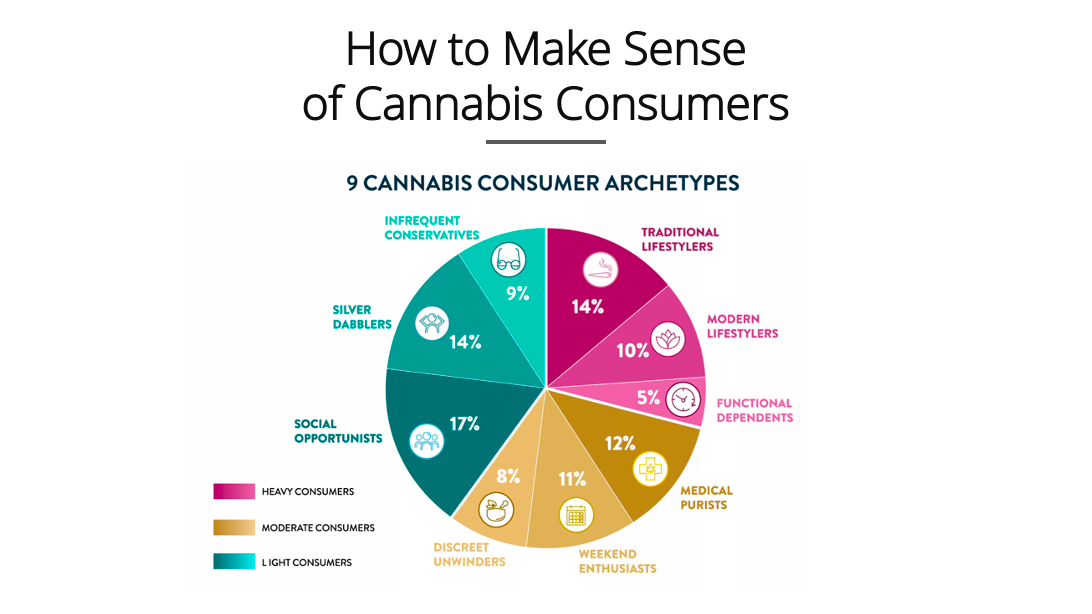






















JOB Rolling Paper is the #1 rolling paper in America. The encroachment of RAW Rolling Papers in the market accelerated the need for the JOB marketing team to reposition their brand.

While JOB Rolling Papers were the #1 paper in America oftentimes they were used for rolling tobacco. The data showed wIth tobacco use declining and cannabis use increasing what needed to be done became clear. But how to do it was not - yet.

Over 30 questions were asked of consumers to derive insights. Interviewing consumers in-home and at smokeshops gave a well-rounded view of their mindsets.

Cannabis consumers are more complex than anyone originally imagined.

Research that doesn’t drive consumer behavior is pointless. By interviewing consumers we unearthed various insights that drove content creation.

Understanding the consumer journey and how the smoke shops; purchase, operate, and promote rolling papers was critical to this transformation.

Ultimately we want to understand the human condition as it relates to a product or service.

JOB Rolling Papers is the only rolling paper that has; history, end to end manufacturing, and positive yet consistent consumer feedback.

Again, research without consumer-facing efforts is just an academic exercise. Know Your Roll is a campaign line used to this day.

When you talk to your consumers, the problems with your brand become obvious. The whole office supply super store industry was in desperate need of change. We set out to lead that change.

Before 2006, OfficeMax did not understand who their customer was. The company simply used a “me too” approach to merchandising and advertising. Market research showed us that women represented opportunity for OfficeMax.

Once we understood our consumer, we needed to give them a reason to shop with us. For women, style and shopping experience were key drivers. And these were exactly what office supply super stores lacked.

Before we could share our promise with consumers, our own actions had to live up to it. So we changed our merchandizing, created new products and services, and revamped our communications.

The right packaging creates a connection. So we made sure ours did. We took thousands of private label packages, all of which spoke to nobody, and gave them a re-design that spoke directly to our target. We added color codes to create a features and benefits story.

Some products, like Canterbury (shown above), got a full design and materials make-over to appeal to the aesthetic needs of our new consumer.

We worked with outside product design firms to develop new and innovative products specifically suited to women. Our new dry erase board (shown above) with new packaging elevated the entire industry.

Merchandising existing products in new ways helped create relevant stories, improve the in-store experience and communicate our transformation across the whole organization.

Our transformation was total. We even re-designed the packing slips to match our new attitude.

Once our new product designs and packaging were ready and our in-store experience was both surprising and delightful, we began to share our Brand Promise with consumers.

As a final improvement, we replaced low performing brand names with five new brands. Our sales and margin grew significantly. This helped OfficeMax survive the biggest downturn in recent history and set the stage for OfficeMax to be bought by Office Depot.